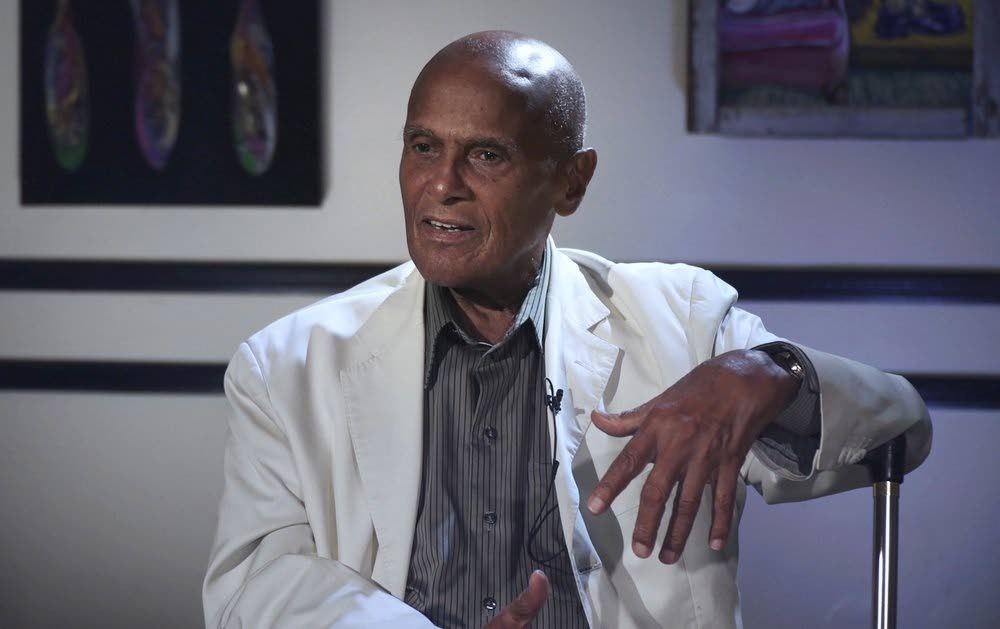Belafonte calls it a Day-O

WHEN HARRY Belafonte, who died this week at 96, published his memoir in 2011, he began his story not with music but with a tale of heroic activism.
It was 1964. The American civil rights movement was in full swing. But three student volunteers, two Caucasian and one African American, had gone missing in Mississippi. James Chaney, Andrew Goodman and Michael Schwerner had gone there to help with voter registration efforts. They were murdered by the KKK and their bodies placed in a shallow grave, discovered on August 4, 1994.
That very night, Mr Belafonte, then just 37, got a call. The Student Nonviolent Coordinating Committee wished to stay on in Mississippi to continue its work. To do so, it needed at least US$50,000. Could Mr Belafonte help raise the funds? With the assistance of longstanding friends, he did, making several trips and attending several dinners at which cash and cheques were handed over.
“I had some power to reach a hand across the racial divide,” he said in his memoir, co-written with Vanity Fair contributing editor Michael Shnayerson.
Mr Belafonte’s desire to begin his book with this anecdote spoke, or rather sang, of his wish to be remembered not only as the singer who gave life to songs such as Day-O (The Banana Boat Song) and Jamaica Farewell, but also his efforts at advocacy over decades.
“I wasn’t an artist who became an activist,” he wrote. “I was an activist who became an artist.”
Yet his art opened doors.
It is hard to picture it now at a time when there is, correctly, much sensitivity about cultural appropriation, but it was Mr Belafonte who first took calypso into the American mainstream. His third album, Calypso, was the first long-play recording to sell more than a million copies.
If the genre of the music on that record, released in 1956, was one aspect of what made this feat remarkable, the fact that Mr Belafonte was of mixed race was another. The importance of his being a successful African American artist during a time of racial segregation cannot be understated.
Perhaps one of the keys to his appeal was the nature of his background.
Belafonte was born Harold George Bellanfanti Jr on March 1, 1927, in Harlem, New York. Though of American birth, he spent several formative years in Jamaica and was of Caribbean parentage, with claims of ties to both Jamaica and Martinique, as well as Dutch-Jewish ancestors.
Unlike the Mighty Sparrow, Lord Melody and others, Mr Belafonte never won a monarch crown, yet became known as the “King of Calypso” – to his chagrin. Still, he inspired others to make the world a better place. And for that, he deserves honorary monarch status.


Comments
"Belafonte calls it a Day-O"